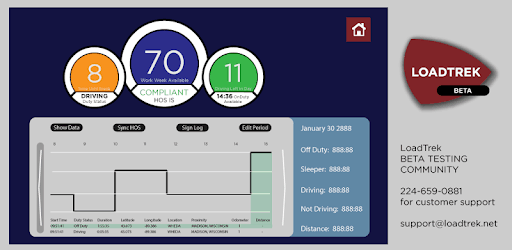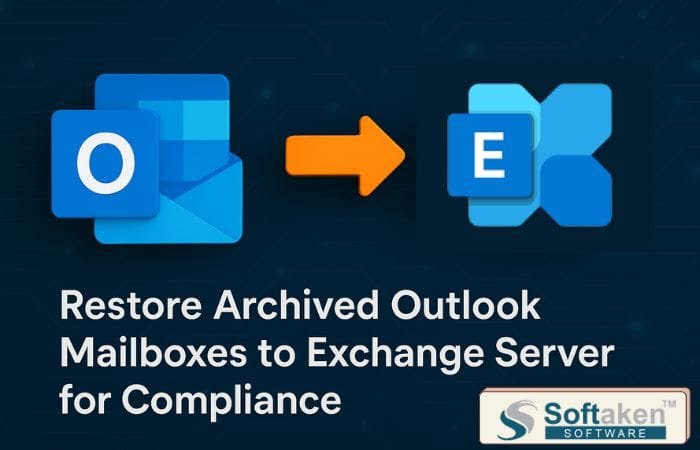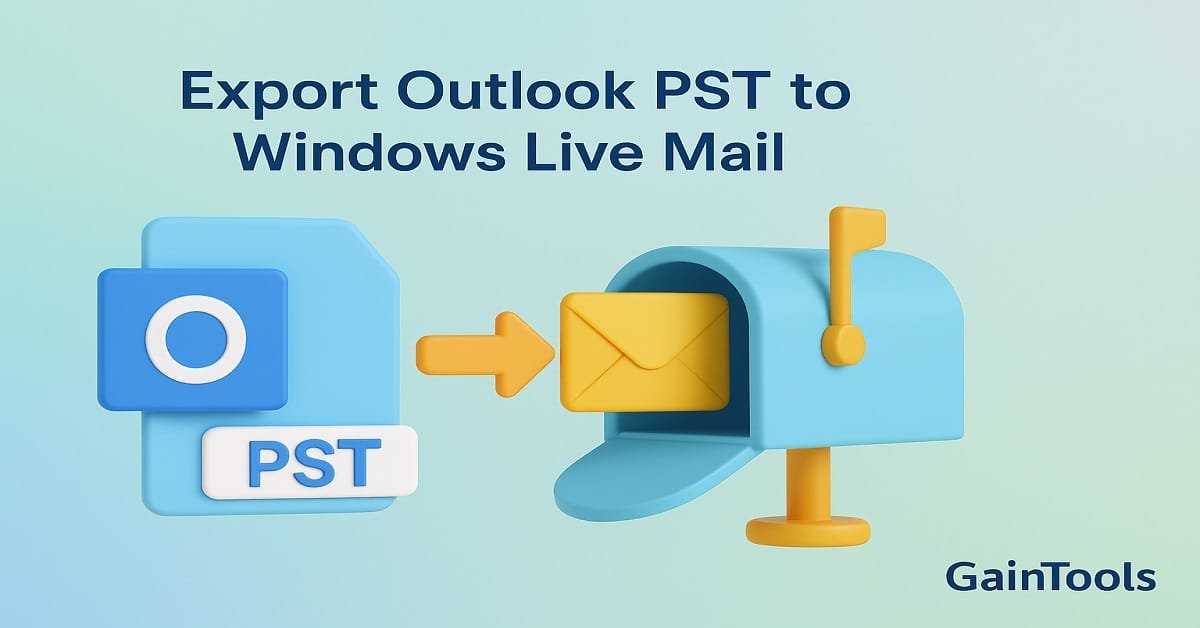The ELD mandate first announced in 2015 reached its compliance deadline in December 2019. All commercial truck and bus companies were to install FMCSA-regulated electronic logging devices, like the loadtreck ELD, to help with accurate recording of HOS (hours of service) and RODS (records of duty status) information.
The mandate shook the trucking industry hard. That is primarily because four years prior in 2011, the Food Safety Modernization Act (FSMA) brought new strict rules for shippers. It has been a rocky path for them, especially small and medium-sized companies.
Why the New ELD Mandate Was Introduced
You might rightfully wonder why the FMCSA put this burden upon truckers. Weren’t the traditional paper logs good enough? How will this mandate affect you?
Some trucking fleets had already introduced electronic logging before the federal mandate. The reason for this is that they make logging, transmission, and storage seamless and cost-effective.
The main reason the authority introduced them was to reduce cases of fatigued drivers on the road. About 2.3% of all fatal crashes involved fatigued drivers between 2011 and 2015, according to government statistics.
The new devices will prevent managers and clients from pushing drivers too hard and are also much more difficult to mess with than paper records. In this, the ELD mandate has had and will continue to have a massive effect on the industry.
Effects of the ELD Mandate on the Trucking Industry
- Safety
Just as the DOT and FMCSA wanted, the mandate will have a significant impact on safety. Drivers will be more alert and aware on the road when they have had enough sleep and rest.
By tracking RODS, drivers will also be able to follow up on off days and leave days, visit their families more, and take jobs that are more convenient to their schedules.
It will also improve vehicle maintenance and inspection. The system will generate reports on some critical systems in the vehicle and also safeguards to make sure that you conduct comprehensive inspections daily.
The FMCSA has a tentative estimate of about 20 lives saved, and 434 injuries prevented every year as a result of reduced fatigue.
- Productivity
Driver productivity is easier to measure. The driver is either driving or not. The ELDs are expected to help increase productivity in two main ways.
- Reduce time wasted in filling in the paperwork and filing it.
Truck and bus drivers spend about 15 minutes each day filling up their logs. Clerks in company headquarters then spend more time collating and aggregating these reports. With ELDs, the data is collected, interpreted, and transmitted automatically.
Managers can then take advantage of computers to generate comprehensive reports.
- The cost of paper and transmission
Veteran drivers know the hassle of finding truck stops with scanners and fax machines to claim their hours from dispatch or managers. The ELDs will eliminate the usage of paper logs to a large extent, and promote the automatic digital transfer of HOS or RODS records.
The FMCSA expects that these two will save the industry over $2.44 Billion per year. That is certainly a large figure, but it remains to be seen.
- Cost
This is arguably the most significant impact and the most contentious one. Authorities claim that the ELD’s will save more than $1.6 Billion per year in reduced downtimes, less crash and maintenance costs, and better fuel economy.
On the other hand, drivers and fleet companies are decrying the installation costs of these devices. Many even require a monthly subscription, bringing the total to about $500 per truck. That is a high amount for small companies.
The ELD mandate has had more significant effects on the industry. Some are yet to be felt, but the truth is that the financial burden has been substantial.
Final Words
Whether the ELDs will be beneficial for the industry or not, is no longer up to debate. Progressive companies are looking into how these devices can be used to give their fleets a better edge over competitors. The more advanced ones even allow fleet tracking and monitoring.
If you are not yet ELD-compliant, you had better get moving with the tide. The time is already up, and everyone has felt the pinch. The best thing you can do is turn it to your advantage. Happy trucking!






Tech content on this site may include contributed articles and partnerships with industry voices. Learn more in our Editorial Policy.